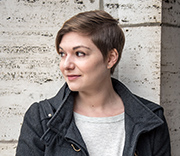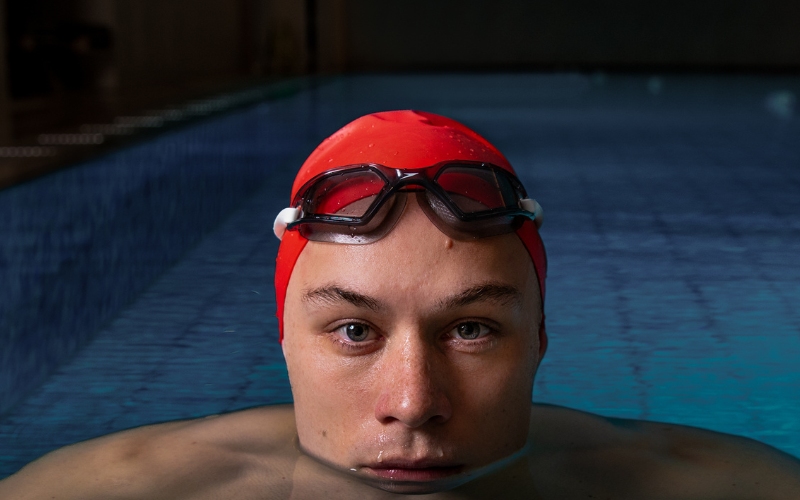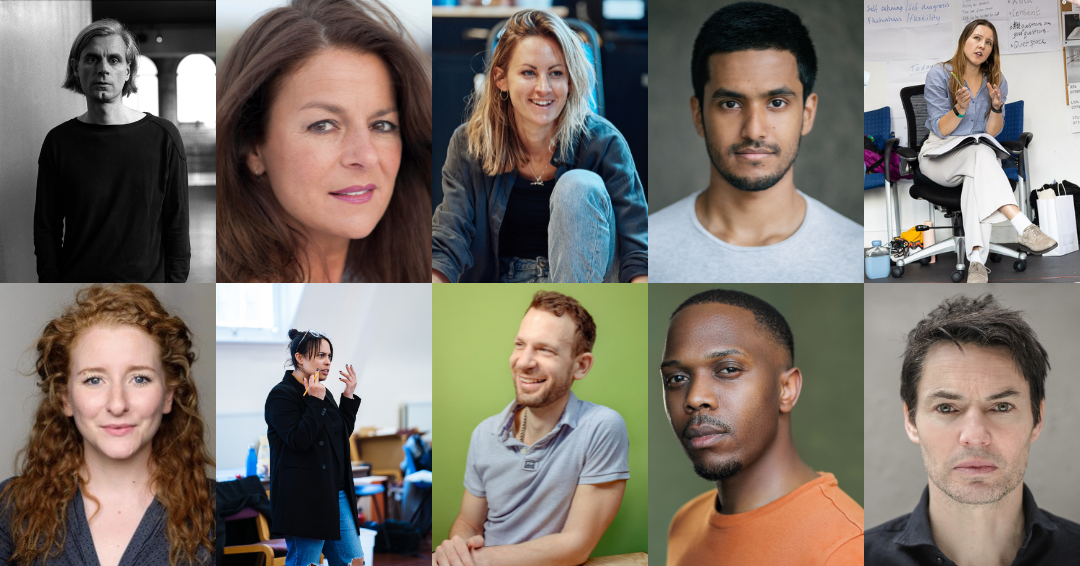We talk to American playwright Emily Schwend, recipient of the Yale Drama Prize for her play Utility, which is receiving its European premiere here at the Orange Tree.
How did you come to playwriting?
My family and I lived overseas for a few years during my childhood. When I was 8 years old, we were living in Woking, Surrey, and my parents took me to my first show, Cats, (I know, I know), which was playing on the West End. I went home and wrote a very derivative “musical without music” about wild animals helping a lost little girl. The play has disappeared in the decades since, but possibly some of my finest work.
What plays do you like?
Off the top of my head, here are a few plays I like: Top Girls by Caryl Churchill, By the Way, Meet Vera Stark by Lynn Nottage, John by Annie Baker, Fun Home adapted from Alison Bechdel’s graphic novel by Lisa Kron and Jeanine Tesori.
What are you reading at the moment?
I’m in the middle of an excellent book called The Animators by Kayla Rae Whitaker, about friendship, art-making and family dysfunction, and I’m rereading Her Body and Other Parties by Carmen Maria Machado, a short story collection I love that is wild and moving and magical.
Where do you live?
I’m in Massachusetts for the next couple months, but after that, I’m in a bit of limbo, geographically.
What was the initiating thought behind Utility?
I wanted to stage an event whose stakes could seem trivial to some, but to Amber they are not.
Why Texas?
I set Utility in Texas because I’m from Texas, and I wrote it when I was back in Texas for a minute. But I know it resonates with many people who are not from Texas, because the point of the play isn’t to highlight a particular place (or even a particular time). I think its specificity allows for universality.
Was it easy to write?
This one came very quickly, and I had the luxury of working on it with my collaborators in New York, who ended up producing it.
Did the characters vote Trump?
I don’t think they voted.
Is there room for hope in a play like Utility?
This question gives me pause, because the phrasing implies that Utility is a hopeless play, which I don’t believe at all. I realize the question is largely about how Amber and her family live paycheck to paycheck and about the exhausting, gendered responsibility of maintaining a house and home, but Utility is not a play about social class or feminism alone. Ultimately, it is about a woman who is reckoning with her own lost identity, who is in love with an unreliable man, and who is fighting to make life happier and easier for her family. To question the existence of hope in this play feels endemic of the male gaze, through which women can be only tragic if they aren’t completely happy, as if suffering is the only thing about them that is stage-worthy.
Do you feel optimistic about America?
I feel optimistic that more women are pursuing positions of power and that a generation of teenagers are vocal and political.
What are your memories of childhood birthdays?
Childhood birthdays were often fraught for me. We moved frequently until I was in my teens, and my birthday is in the summer, so very often we would be living in a place where I didn’t know anyone my own age until school began.
What’s it like being a playwright in America, particularly premiering work in New York?
For me, it’s anxiety-inducing, but I would probably find any career anxiety-inducing, because I’m an anxious person. I will say that it’s been nice to work in New York while not living in New York for the past few years.
Is Twitter a blessing or a curse to a playwright?
Sometimes Twitter can be insufferable, and it might be a curse to humanity as a whole, but I really like having playwright friends on Twitter, many of whom I haven’t met in real life, but whom I feel a kinship with.
Are you writing another play at the moment?
I just finished a play last year called Ruthless. It’s about four witches who live together in a little house and what happens to them.



